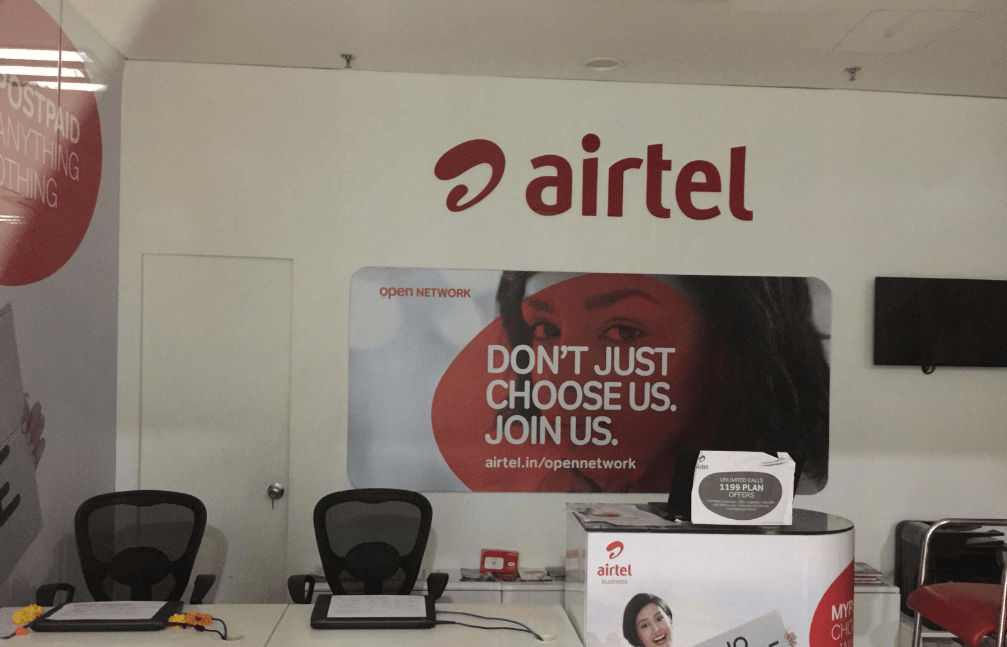Bharti Airtel’s long-term profitability is expected to benefit from operational and capital spending synergies after completing its announced acquisitions, the latest of which was Tata Teleservices, Further, Airtel will also be a key beneficiary as smaller telecoms are forced out of the market and pricing stabilizes as competitive dynamics ultimately result in a three telecom company market, Ratings firm Moody's said in a recent note.

The agency also said that Airtel's recent sale of around 83 million shares, or a 4.49% stake, in Bharti Infratel for Rs 33.25 billion or $510 million is credit positive as it is in line with management’s commitment to strengthen its balance sheet and reduce debt. However, there is no immediate impact on Airtel’s ratings and outlook.
Since March 2017, Airtel said that it has divested 18.49% of its stake in Infratel for a total of $1.86 billion which has been used for debt reduction.Airtel's stake in Infratel is 53.51% following this latest transaction.
Bharti’s reported debt was Rs 1.05 trillion on 30 September 2017, and adjusted debt stood around Rs 1.4 trillion. Assuming all proceeds from the transaction are applied to debt reduction, Bharti’s pro-forma leverage as measured by adjusted debt/EBITDA will improve only marginally to 3.6x as of 30 September 2017 from 3.7x, and remain above the tolerance level of 3.25x for its Baa3 rating level.
These divestment proceeds have been used to pay down a significant portion of the debt. However, Airtel's profitability has contracted over the last 12 months as intense price competition plagues the industry following the launch of services by Reliance Jio Infocomm. "This situation has muted the positive effect on Bharti’s leverage metrics," Moody's said.
"We are cautious on Bharti’s operating performance over the next 12 months as we expect heightened competition, revamping of pricing plans and ongoing pricing pressures to persist in the Indian telecom sector. Also, lower interconnect usage charges, implemented on 1 October 2017, will have a negative impact on Bharti’s profitability over the next 12-24 months," Moody's said.
As a result of these industry changes, Moody's said that it expects Airtel’s organic EBITDA to contract around 12% year on year to March 2018, such that leverage will remain elevated above the tolerance for its Baa3 rating level, barring any further significant debt reduction from additional efforts to monetize assets.
"The rating outlook is negative as we expect profitability to remain under pressure and adjusted debt/EBITDA to be elevated through to 31 March 2018. A rating upgrade is unlikely, given the negative outlook. However, the outlook could be revised to stable if Bharti's overall credit profile strengthens, such that adjusted debt/EBITDA is sustained at or below 3.0x, and adjusted EBITDA margins are sustained at above 40%," the agency said.
It said that the rating could be downgraded if competition intensifies in any of Bharti’s key markets, particularly in the Indian wireless business, such that its key operations and/or subsidiaries report contracting EBITDA or margins below our expectations.















